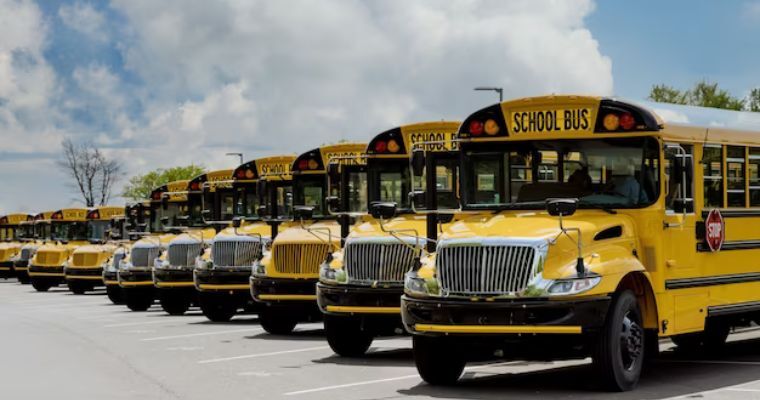
In today's educational landscape, inclusive education is a top priority. Schools and educational institutions strive to create an environment where every student, regardless of their abilities or disabilities, can thrive and succeed. One aspect of this inclusivity is ensuring that students with special needs have access to safe and reliable transportation services. In this article, we will explore how school bus services adapt to the individual requirements of students with special needs, providing a comprehensive overview of the measures taken to support their unique needs.
Understanding the Individual Requirements
When it comes to supporting students with special needs, school bus services understand that each student is unique and may require specific accommodations. The first step in adapting to these requirements is to gain a thorough understanding of each student's individual needs. This involves collaboration between school administrators, teachers, parents, and transportation providers to gather relevant information and develop tailored transportation plans.
Highly Trained Staff
School bus services that cater to students with special needs prioritize hiring and training highly skilled staff members. These professionals undergo specialized training programs that focus on understanding various disabilities, implementing appropriate communication strategies, and handling emergency situations. By having a team of dedicated and knowledgeable staff members, school bus services can ensure the safety and well-being of students throughout their transportation journey.
Accessibility and Safety Measures
Ensuring the accessibility and safety of school buses is crucial for accommodating students with special needs. School bus services invest in vehicles equipped with accessibility features such as wheelchair lifts, ramps, and securement systems. Additionally, buses are regularly maintained and inspected to meet the highest safety standards. This includes adhering to specific regulations regarding seat belts, emergency exits, and evacuation procedures.
Individualized Transportation Plans
To cater to the unique requirements of students with special needs, school bus services develop individualized transportation plans. These plans take into account factors such as the student's mobility needs, medical conditions, sensory sensitivities, and behavioral considerations. By tailoring transportation plans to each student, school bus services ensure a comfortable and supportive experience that promotes their overall well-being.
Communication and Collaboration
Open and effective communication channels between school bus services, parents, and educational institutions are vital for the successful transportation of students with special needs. Regular communication allows for updates on any changes in the student's needs or schedules, ensuring that the transportation plan remains aligned with their requirements. Collaboration between all parties involved creates a holistic support system that addresses any challenges that may arise during the transportation process.
Integration of Assistive Technology
Technology plays a significant role in supporting students with special needs, and school bus services leverage various assistive technologies to enhance the transportation experience. These technologies may include specialized communication devices, GPS tracking systems, and monitoring tools to ensure the student's safety and provide real-time updates to parents and school administrators.
Sensory Considerations
Many students with special needs have sensory sensitivities, and school bus services take extra measures to create a sensory-friendly environment during transportation. This may involve reducing noise levels, implementing calming strategies, or providing sensory support tools such as weighted blankets or noise-canceling headphones. By considering sensory needs, school bus services create a comfortable and supportive atmosphere for students with special needs.
Continuous Evaluation and Improvement
School bus services understand the importance of continuous evaluation and improvement in their transportation programs. They actively seek feedback from parents, students, and educational institutions to identify areas of improvement and implement necessary changes. This commitment to ongoing evaluation ensures that transportation services remain effective, efficient, and aligned with the evolving needs of students with special needs.
Conclusion
Supporting students with special needs requires a collaborative effort between schools, parents, and transportation providers. School bus services play a vital role in ensuring the safe and comfortable transportation of these students, adapting to their individual requirements with tailored transportation plans, highly trained staff, accessible vehicles, and the integration of assistive technologies. By prioritizing inclusivity and continuous improvement, school bus services create an environment where students with special needs can thrive academically and socially.
More Info Book Now Request a Quote














.png)
.png)








Leave Your Comment & Rating Below
0 Comment(s)